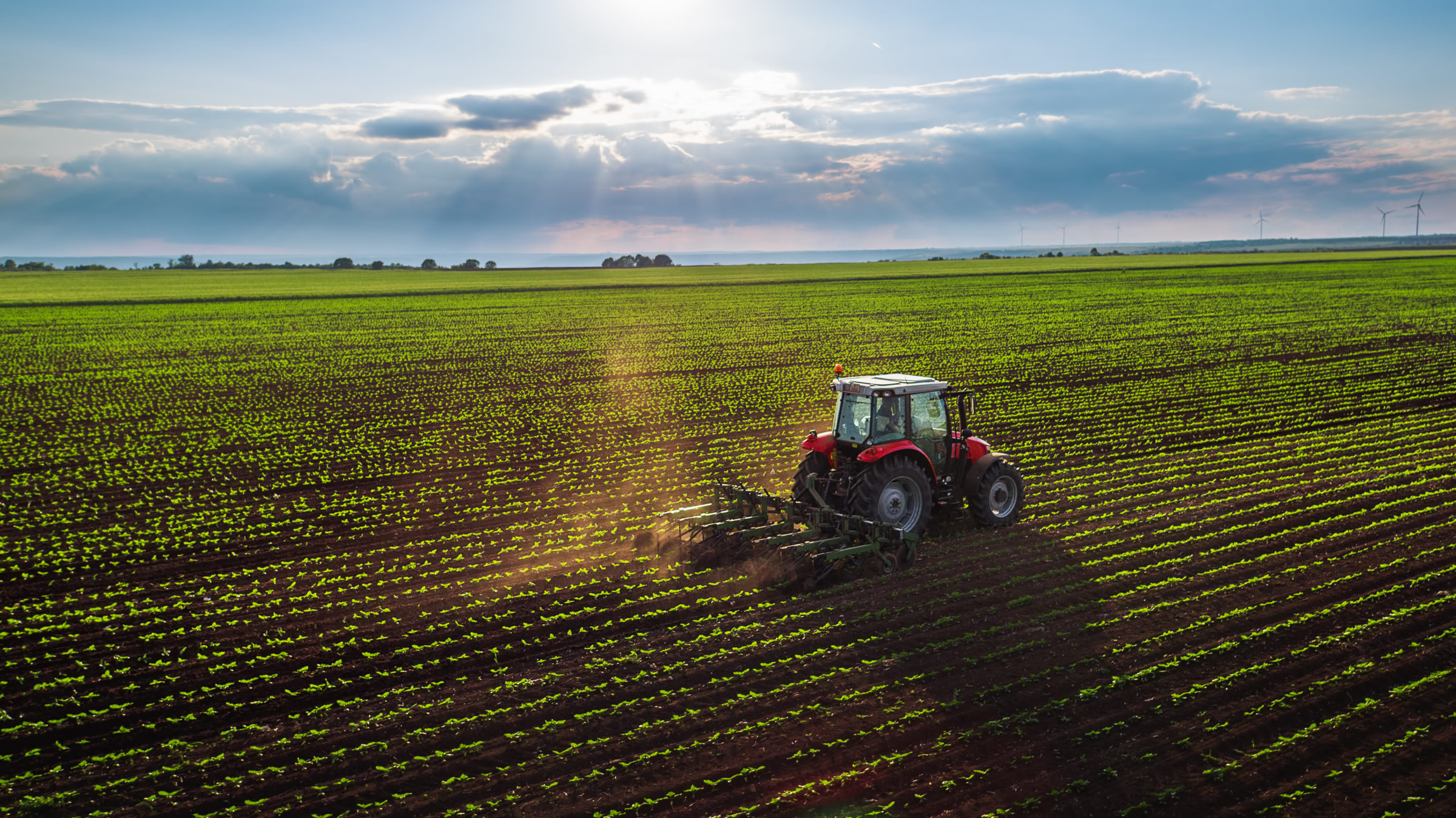Stifling Food Production in the Name of Saving the Planet
Originally published at National ReviewGlobal warming hysteria now has some governments forcing cuts in the use of nitrogen fertilizers to “save the planet.” But that will mean less food for hungry people and collapsing farm economies.
Witness: After Sri Lanka’s government restricted non-organic fertilizer use, the economy and government collapsed. From the Vox story:
Sri Lanka’s economy is in free fall. Runaway inflation reached 54.6 percent last month, and the South Asian country is now headed toward bankruptcy. Nine in ten Sri Lankan families are skipping meals, and many are standing in line for days in the hope of acquiring fuel.
Several causes led to this debacle — including restricting artificial fertilizers:
The agrochemical ban caused rice production to drop 20 percent in the six months after it was implemented, causing a country that had been self-sufficient in rice production to spend $450 million on rice imports — much more than the $400 million that would’ve been saved by banning fertilizer imports.
The production of tea, Sri Lanka’s literal cash crop — it’s the country’s biggest export — fell by 18 percent. The government has had to spend hundreds of millions on subsidies and compensation to farmers in an effort to make up for the loss of productivity.
Witness: The Netherlands is doing the same thing to its ag sector, sparking angry protests by farmers. From the Reuters story:
At the heart of the protest are targets introduced last month to reduce harmful nitrogen compounds by 2030, the latest attempt to tackle a problem that has plagued the country for years. read more
Reductions are necessary in emissions of nitrogen oxides from farm animal manure and from the use of ammonia in fertilizer, the government says, estimating a 30% reduction in the number of livestock is needed.
Witness: Not to be outdone, Prime Minister Justin Trudeau plans to stomp on Canada’s food production capabilities too. From the Toronto Sun story:
Provincial agriculture ministers are expressing frustration with the Trudeau government over plans to effectively reduce fertilizer use by Canada’s farmers in the name of fighting climate change.
A meeting of federal and provincial ministers wrapped up in Saskatoon on Friday with several provinces saying they are disappointed.
The federal government is looking to impose a requirement to reduce nitrous oxide emissions from fertilizers saying it is a greenhouse gas contributing to climate change. While the Trudeau government says they want a 30% reduction in emissions, not fertilizer, farm producer groups say that at this point, reducing nitrous oxide emissions can’t be done without reducing fertilizer use.
These restrictions are being imposed just as the cost of fertilizer is soaring because of sanctions on Russia. From the Reuters story:
Combined, Russia and Belarus accounted for more than 40% of global exports of potash last year, one of three critical nutrients used to boost crop yields, Dutch lender Rabobank said this month. Additionally, Russia accounted for about 22% of global exports of ammonia, 14% of the world’s urea exports and about 14% of monoammonium phosphate (MAP) – all key kinds of fertilizers.
Sanctions have disrupted sales of fertilizer and crops from Russia. Many Western banks and traders are steering clear of Russian supplies for fear of running afoul of the rapidly changing rules, while shipping firms are avoiding the Black Sea region due to safety concerns.
It all amounts to a double whammy for the global food supply.
Add it all up: bankrupt farmers, empty market shelves, less food on the table, and dramatically inflated prices. Only the technocratic class could be this stupid.
Before the election, some enterprising journalists should ask President Biden and the Secretary of Agriculture if our government plans to similarly stifle food production by restricting the use of some fertilizers. This could be an important issue in the midterms.
